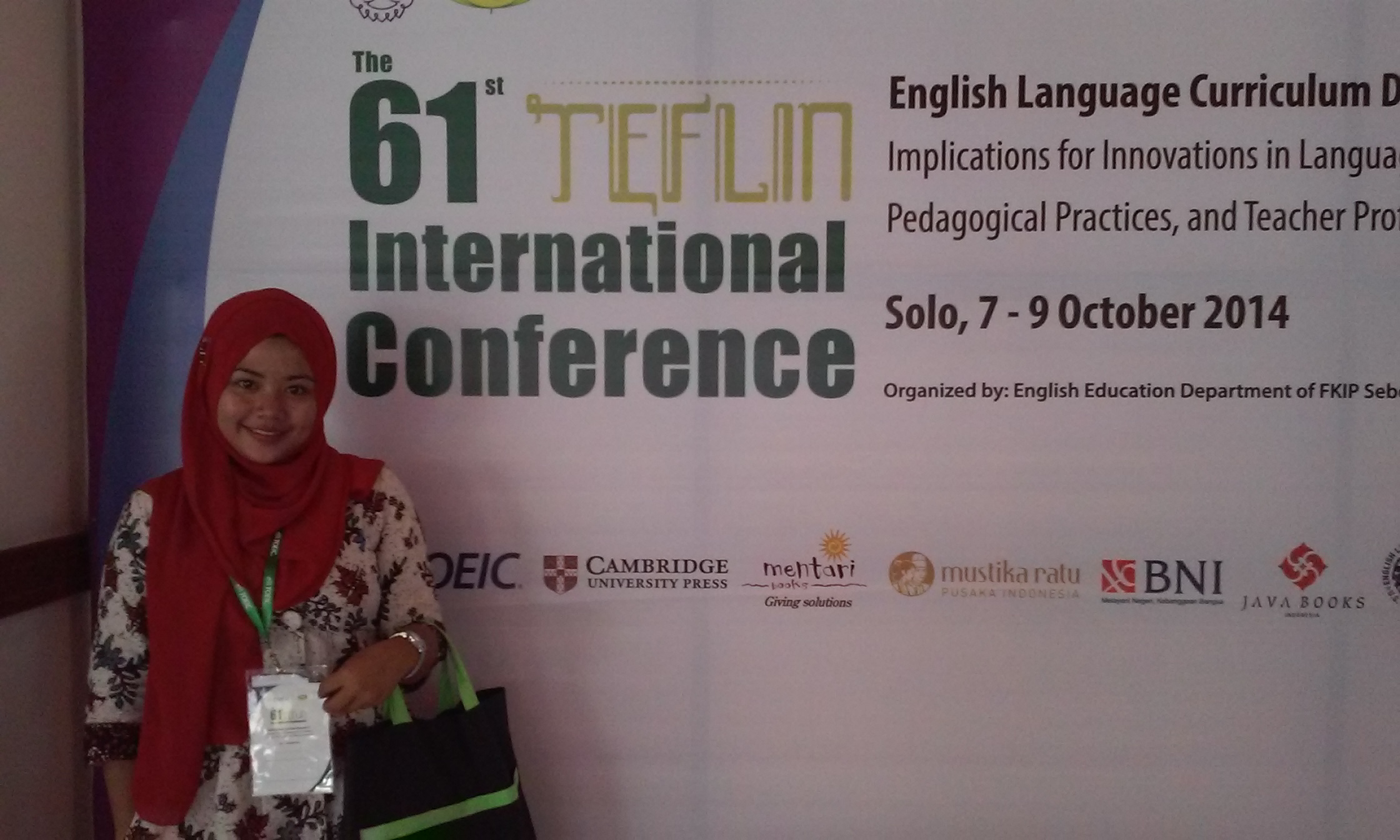
PPI PBI PPI PBI PEMIKIRAN DAN PERADABAN ISLAM
Mata Kuliah ini membicarakan tentang sejarah dan perkembangan pemikiran dan peradaban Islam sejak era Rasulullah, era para shahabat, era dinasti Umayyah, dinasti Abbasiyah hingga ke asa modern

INM INSTRUCTIONAL MEDIA
Learning a language requires a lot of effort. To get a meaningful
understanding one needs to make a full use of all sensory systems in the
body. Thus, the use of media is considered necessary to get a better
result in learning

BIT Bahasa Inggris TEKNIK MESIN
It is conventional to classify the materials of engineering into the six broad classes shown
in Figure 1.1 : metals, polymers, elastomers, ceramics, glasses and composites. The members of a class have features in common: similar properties, similar processing routes, and, often, similar applications.
Metals have relatively high moduli. They can be made strong by alloying and by mechanical and heat treatment, but they remain ductile, allowing them to be formed by deformation processes. Certain high-strength alloys (spring steel, for instance) have ductilities as low as 2%, but even this is enough to ensure that the material yields before it fractures and that fracture, when it occurs, is of a tough, ductile type. Partly because of their ductility, metals are prey to fatigue and of all the classes of material, they are the least resistant to corrosion.

BSE Basic SPoken ENglish
Talk Clearly and More Confidently with 7 Basic English Conversation Courses

Instructional Design Instructional Design
The course is designed to present various concepts of teaching media.
The concepts are aimed at equipping learning and teaching process. This
course covers the basic concepts of teaching media and its practice to
help learning and teaching routines. Students will later on be exposed
to various kinds of teaching media; from simple to high tech ones, such
as electronic multimedia. At the end, they are expected to be able to
develop their own teaching media and use it in classroom learning
processes.

RM Research Methodology
This course is aimed at developing in students a good understanding of basic concepts of research methods. The topics to be covered include: basic concepts of research methods, factors to be taken into account when conducting research, planning the project, various methods for collecting the data, interpretation of the data and writing the report.

TPS-B Thesis Proposal Seminar (B)
Thesis Proposal Seminar is designed to integrate conceptual and practical knowledge with regards to (a) subject matters of English education, which cover English pedagogy, linguistics, and literature, (b) scientific inquiry skills (relevant epistemologies and research methodologies), and (c) presentation skills. By the end of the course, each course participant is required to submit the first three chapters of their undergraduate thesis.

IRM Introduction to Research Methodology
understanding Kinds of research/Research paradigm & important terms in research; Differences of Qualitative and Quantitative Research; Qualitative paradigm in language research; Data Collection in language research; Research problems; Language Informants; the linguistic corpus; Data Analysis; Corroboration in language research; Validity, Reliability, Generalizability, and Authenticity; and the Significance of theory.

TPS-A Thesis Proposal Seminar (A)
Thesis Proposal Seminar is designed to integrate conceptual and practical knowledge with regards to (a) subject
matters of English education, which cover English pedagogy, linguistics, and literature, (b) scientific inquiry skills
(relevant epistemologies and research methodologies), and (c) presentation skills. By the end of the course, each
course participant is required to submit the first three chapters of their undergraduate thesis.

ES ENGLISH SYNTAX
This course focuses on sentence constructions with
elements by principles, procedure and process of constructing and analyzing
words, phrases, clauses and sentences.

ER-B Extensive Reading: Novels and Periodicals (B)
Extensive reading involves learners reading texts for enjoyment and to develop general reading skills.
Course Objectives: to develop students' confidence, motivation, be comfortable with reading, increase speed and fluency in reading, decide reading targets and goals, choose reading materials for their own interests, increase background knowledge and respond to reading in various ways.

ER-A Extensive Reading: Novels and Periodicals (A)
Extensive reading involves learners reading texts for enjoyment and to develop general reading skills.
Course Objectives: to develop students' confidence, motivation, be comfortable with reading, increase speed and fluency in reading, decide reading targets and goals, choose reading materials for their own interests, increase background knowledge and respond to reading in various ways.

IR Intensive Reading
Students are expected to be able to answer reading comprehension questions or to identify how sentences are linked. Focusing on new language such as vocabulary and grammar, focusing on ideas such as themes and topics, learning new skills such as making inferences and identifying main ideas, paying attention to text features such as genre structure and cohesion.

IG Intermediate English Grammar
Mahasiswa mampu memecahkan masalah, dan
sekaligus menyelesaikan tugas-tugas terkait materi Tata Bahasa Inggris baik
secara soft skills maupun hard skills, menggunakan aplikasi bisnis (software).
Mahasiswa mampu memahami dan menganalisis permasalahan pada isu sosial dan praktik
profesional dalam bidang kebahasaan-Bahasa Inggris khususnya dalam struktur
pembentuk bahasanya dan menguasai konsep teoritis dalam bidang pengetahuan
tersebut secara mendalam, serta mampu memformulasikan penyelesaian masalah
prosedural.

IEG Intermediate Grammmar
Mata kuliah ini membahas tentang struktur
pembentuk bahasa Inggris terutama tentang Subject
and Verb Agreement, Tenses (present time, past time, dan future time), Gerund,
to+infinitive, participle, modifiers, Phrase, dan Degrees of Comparison serta memberikan contoh praktis yang berkaitan dengan struktur pembentuk a Inggris
yang baku
